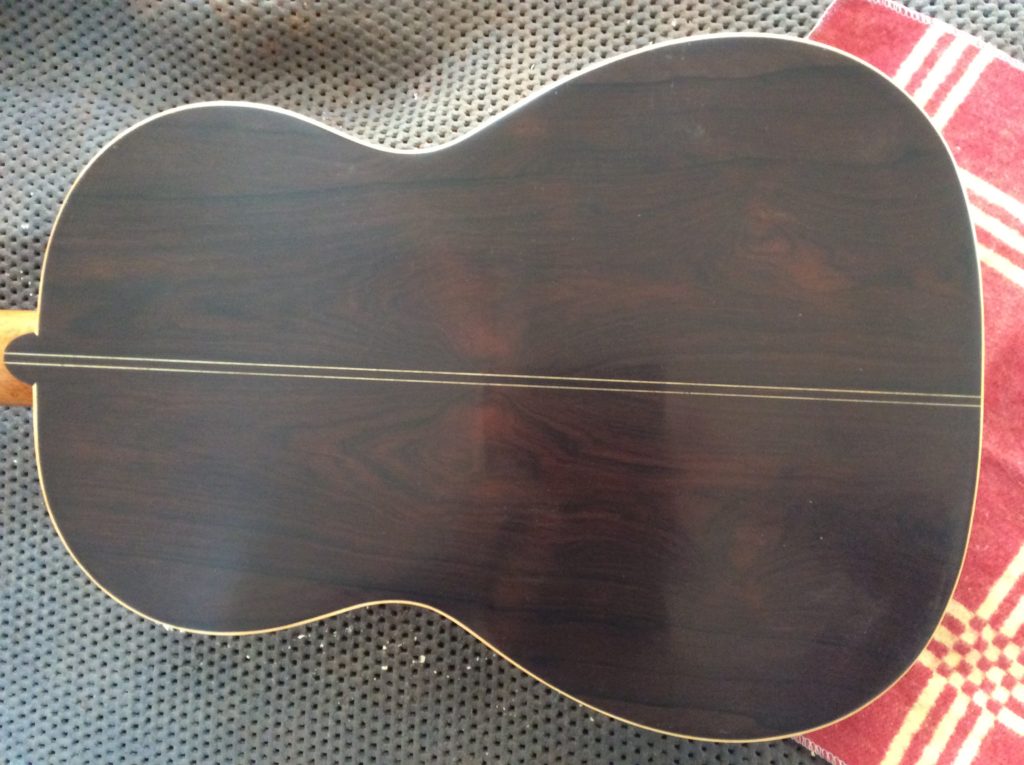Español aquí.
The news from Madrid is better than expected, it seems we will be able to continue using Indian Rosewood to make our guitars. Furthermore, the burden will be mostly on the builder as opposed to the clients. Anyone who has any species of Dalbergia should count what they have and report it to the provincial office of SOIVRE. We were told that in the case of Rosewoods already on the CITES list, we should have bills to prove acquisition pre-CITES whereas in the case of the new entries to the list that will not be necessary. Of course for Brazillian it is much too late for any legalization.
Once our wood is registered we should be able to get CITES certificates for exporting or selling the guitars made with it. One worry we had was about the tourist who comes and buys a guitar and leaves the next day. We will be able to make a “tourist” certificate that will allow him to take his guitar back home. Afterwards any travel with the guitar will be allowed without paperwork beacause of the 10kg exemption for personal items. We will be allowed one year’s grace period for legalizing the wood but of course until we do so we will not be able to export. One thing that has become very clear is our obligation to keep up to date with the CITES appendices.
Madinter has very kindly offered to clear up any points on this subject and will be celebrating an informative presentation on December 20 in Madrid. They ask that anyone interested in attending please let them know. They will tell you the time and place.
Personally I would reccommend that those of you who make guitars as a hobby register any Dalbergias that you have just as you would an elephant tusk carving that your grandfather left you. That way in the future you can sell the wood or even export a guitar made with it even though you might not be exporting what you make these days.
